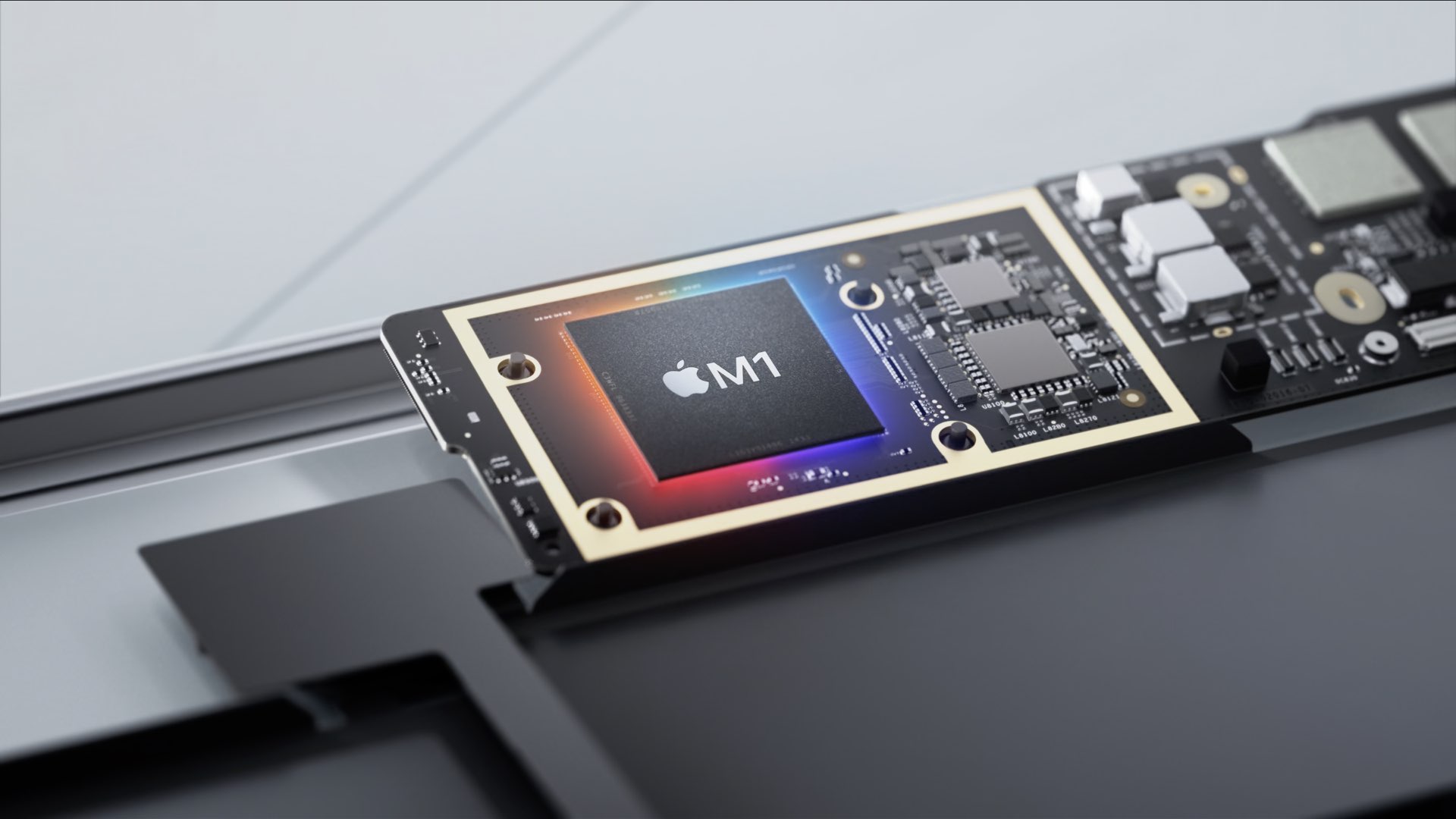Preliminary native support for M1 Macs is now available in the Linux kernel, but many kinks are left to be ironed out and there’s no accelerated graphics support present at the moment.
STORY HIGHLIGHTS:
- Linux kernel 5.13 introduces support for M1 Macs
- Accelerated graphics is currently unsupported
- Linux Kernel 5.13 brings support for Apple M1 Macs

Linux on M1 Macs has early Apple silicon support in the kernel
Linus Torvalds, the creator and the main developer of the Linux kernel, has announced that the latest Linux Kernel 5.13 update brings preliminary support for Apple silicon Mac computers, like the new 24-inch M1 Mac, the M1-equipped Mac mini and more.
Interestingly, the updated Linux kernel supports FreeSync via HDMI on Apple silicon Macs. Certain security features are supported as well, including, Clang CF, Landlocked LSM.
Accelerated graphics support is currently unavailable, however.
Nevertheless, this is awesome news for those who were dissatisfied by the performance of Linux running on their M1 Mac through Corellium virtualization. With the official Linux kernel now supporting Apple silicon natively, things will only improve going forward
Phoronix has discovered that this early support for the Apple M1 chip in Linux Kernel 5.13 leaves plenty of room for optimization, with “a lot more to iron out moving ahead”.
When it comes to Windows 11, however, it doesn’t seem like people will be able to install the operating system on their Macs without resorting to some sort of trickery. Windows 11 requires a fairly new Intel chip manufactured in 2018 or later with support for Trusted Platform Module (TPM) 2.0 support and a compatible motherboard.